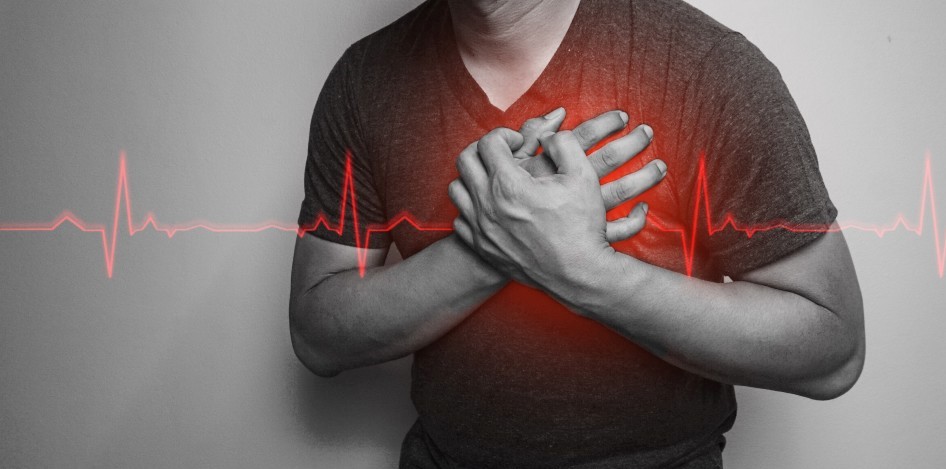Although experts do not yet understand the exact mechanisms of mind-body interaction, there is evidence to show that emotional stress affects a wide range of diseases.
Psychological factors negatively affect many organs of the body.According to multiple studies, anxiety increases the risk of developing heart disease and having a heart attack or stroke.
What is stress?
Stress is the body’s reaction to danger or provocation. This reaction tends to protect us against threatening problems.Stress can affect almost all diseases, as we mentioned above, even those whose mechanisms are known to cause. Coronary artery disease, for example, or diabetes, as well as migraines, irritable bowel syndrome, and fibromyalgia are some of them.
How Does Stress Affect the Heart?
Some people are more prone to the signs of anxiety than others, either because of their personality or because of their experiences. For them, it would be very important to develop mechanisms that would allow them to face these challenges that destabilize them regarding their health.
One of the classic symptoms of anxiety is palpitations. These are the acceleration of the pulse, with tachycardia, which appears as a pounding in the chest.
Chest pain is another symptom. It is not always related to the heart attack, but it is an insidious pain, like a constant pressure between acute and calm periods.
Tips to Manage Stress
Some people are particularly at risk of conditions that can lead to a heart attack or stroke. Prevention of cardiovascular problems is possible if, along with diet and exercise, people practice stress-reducing practices. In times of intense emotional problems, they can use relaxation techniques for example. At the same time, it is important to avoid stressors as much as possible.
Generally, the goal is a stress management program that will reduce the effects. It is impossible to neutralize stressors, but it is possible to limit them, just as it is possible to turn them into stimuli for our improvement.
When Should You Consult a Doctor?
It is impossible to predict how much stress affects each person’s heart. In addition, it is important to adopt healthy habits. Among them are a healthy and balanced diet, and avoiding smoking and drinking alcohol. At the same time, we should exercise often, preferably doing aerobic exercises. A healthy sleep routine is another tool for reducing stress.
Also, as much as possible, you should avoid or reduce stressful situations. All of the above will not only have a positive effect on your heart health, but also on your overall wellness.




